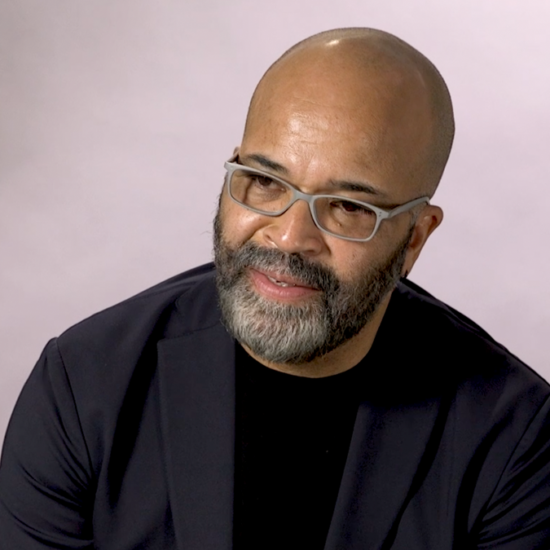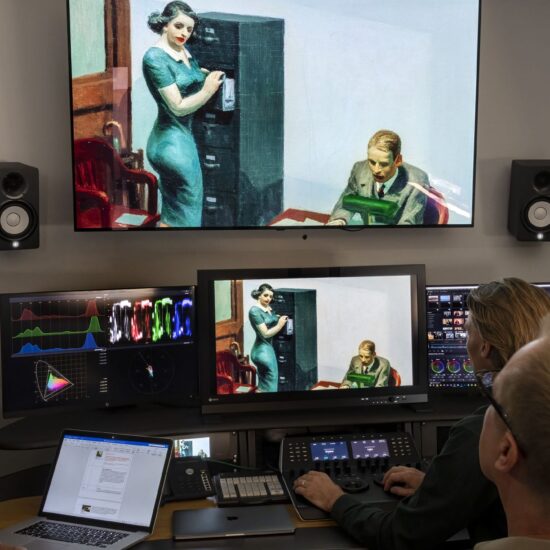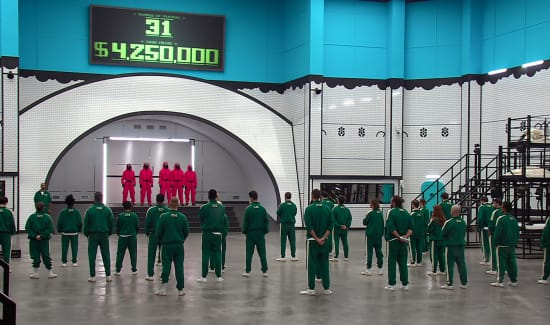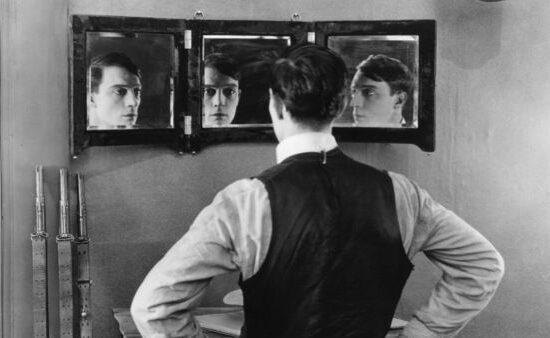
With a five-decade music career, Roberta Flack continues to be a defining cultural force. Here’s how her career to superstardom began with a simple request for three nights.
It was 1968. A piano prodigy, who was teaching music in a segregated school in Asheville, North Carolina, made her way to Washington, D.C. The year was a monumental moment in American history. The country was caught between progression and decline. Martin Luther King, Jr. and Robert Kennedy were both assassinated. The Vietnam War was still raging. The civil rights movement struggled with leadership as the fight for equality continued. But there was always music. Music was the place where we could seek something better, something different. Hope. Peace. Grace. A bigger vision of what it meant to be alive.
Marvin Gaye was all over the radio with “I Heard it Through the Grapevine.” Aretha Franklin too with “I Say a Little Prayer.” Jimi Hendrix, The Rolling Stones, Johnny Cash, The Temptations, the music in 1968 was the soundtrack to the social and cultural revolution, a movement trying to pull us away from the conflicts that were defining and destroying the year.
“Just give me three nights and I quit teaching,” the young musician told Henry Yaffe, owner of the club Mr. Henry’s in Washington, D.C. He did. Jazz great Les McCann walked in one night and bore witness to the future, and the young teacher went on to become one of America’s greatest music stars, reaching a level of superstardom very few ever attain. Roberta Flack joined the music powerhouse, Atlantic Records, where her labelmates included Aretha Franklin.
The late, celebrated founder of Atlantic Records, Ahmet Ertegun, once remarked:
“If anybody asks me where I’m from, my first inclination is to say, ‘Washington,’ because that’s where I grew up meaningfully. I had to sign Roberta to our label because listening to her sing and play the piano gave me a sense of an even deeper meaning to my life, where I was from, and where I could go.”
For five decades, Roberta Flack has taken those three nights and transformed them into a career—a life— that is singular in its multiplicity, unparalleled in its resoluteness, profound in its scope.
Flack’s story is one of the promise of what America could be, dreamed up in the clouds. Sitting at the edge of the American North and South while in Washington, D.C. gave her a unique perspective. As the members of Fugazi, the iconic rock band from Washington, D.C. recently told me:
“To us, any great artist who comes from D.C. engenders a profound amount of pride for a city that has no music industry infrastructure at all… Like Roberta Flack, Marvin Gaye, or Duke Ellington, the chances of being a national act coming out of D.C. are slim, unless the artist is tenacious and talented . . . Roberta was tenacious and talented all the way.”
Enter Domenico Scarlatti. In what would be a defining characteristic to Flack’s artistic approach and vision, she took the revered piano sonatas of the great 18th century Italian composer and made them her own. At the age of 13, Flack performed one of Scarlatti’s piano sonatas, winning second place honors in a statewide contest for African-American students. I could sense from learning of this moment and listening to Flack’s music that she also shared Scarlatti’s personal mantra:
“Show yourself more human than critical, and then your pleasure will increase.”
Raised in the church, Flack took a foundation of gospel, and built her style with a blend of jazz, R&B, folk and pop, tightly holding together everything she heard and felt with her devotion to classical music.
At the age of 15, Flack was awarded a scholarship to attend Howard University. Flack developed a self-reliance and independence that led to a personal and creative emancipation. She innately realized that she had to follow the beauty of her own dreams.
Launching herself into a music career on her own terms, with an inimitable work ethic, Flack emerged as a defining popular cultural force. What is even more profound is that, in the grandest of traditions, Flack is one of our great storytellers, an artist and performer whose work transforms the human spirit. Music unifies us, as Flack sang in Gene McDaniels’ song—“a river somewhere that flows through the lives of everyone.”
Here is the heart of Flack’s story and the core of my film. Striving for connection, celebration, spirituality, this film uplifts a life that breaks Flack free from the narrow categorization of R&B or soul artist and instead places her in the truer, more inspirational story of a life lived with unbending artistry. A person who has a talent (and integrity) to change and shape the world is special, but a person who displays courage—sometimes amidst the greatest odds and while embracing their own fears—that is rare. And that story needs to be illuminated and uplifted, shared and used as a rallying point, crafted into a visually enchanting song, one that inspires the audience to cooperate, to act, to create honestly and earnestly, defying the stereotypes and categories that limit our creativity and potential.
Flack is a global citizen engaged in creative response, displaying a certain daring, a certain self-determination of mind in her work. The moments that she shares offer a safe haven, a place to know that we are not alone, echoing James Baldwin’s belief that “the primary distinction of the artist is that they must actively cultivate that state which most people, necessarily, must avoid; the state of being alone.” For me as a filmmaker, I believe we’re all born citizens of the world and we proclaim it, even in the worst of times. We proclaim it through our being; we proclaim it through our art. It’s all a constant struggle towards existence.
Roberta Flack’s music is the soundtrack for this worldview. Flack embodies this fully and this film aims to capture that and more. “A song to me is a very tangible thing. I can feel it with my hands and see it with my eyes,” Flack once said. This is what she has given to so many for so long; and this film intends to do the same, reaching beyond her loyal fanbase and stirring a new generation’s consciousness and awareness through her music, work and mission. As an artist engaged in creative response, Roberta Flack remains incomparable and peerless.
She understands an artist can offer us a voice when we can’t find our own, capturing thoughts and a range of emotions through her singing and her piano.
The BBC captured it best, Flack’s voice is “a molten murmur [that] flexes into a cry as pure as a prayer, heartfelt as a confessional. It is elegantly tender, almost unbearably intimate.” There is a power in her life and work that transcends simple classification, an intellectual dignity and emotional integrity that runs throughout and presents to us all a vision of something real to each of us, individually, and more beautiful in its bare honesty.
Flack’s ascension to superstardom and her place in the pantheon of America’s greatest artists, is due in large part to this singular creative approach. It helped her be resilient and strong while on the front lines of an industry (and society) filled with obstacles that often make it difficult for a woman of color to succeed (and sustain that success). As Flack explains:
“See every opportunity as golden, and keep your eyes on the prize—yours, not anybody else’s.”


















